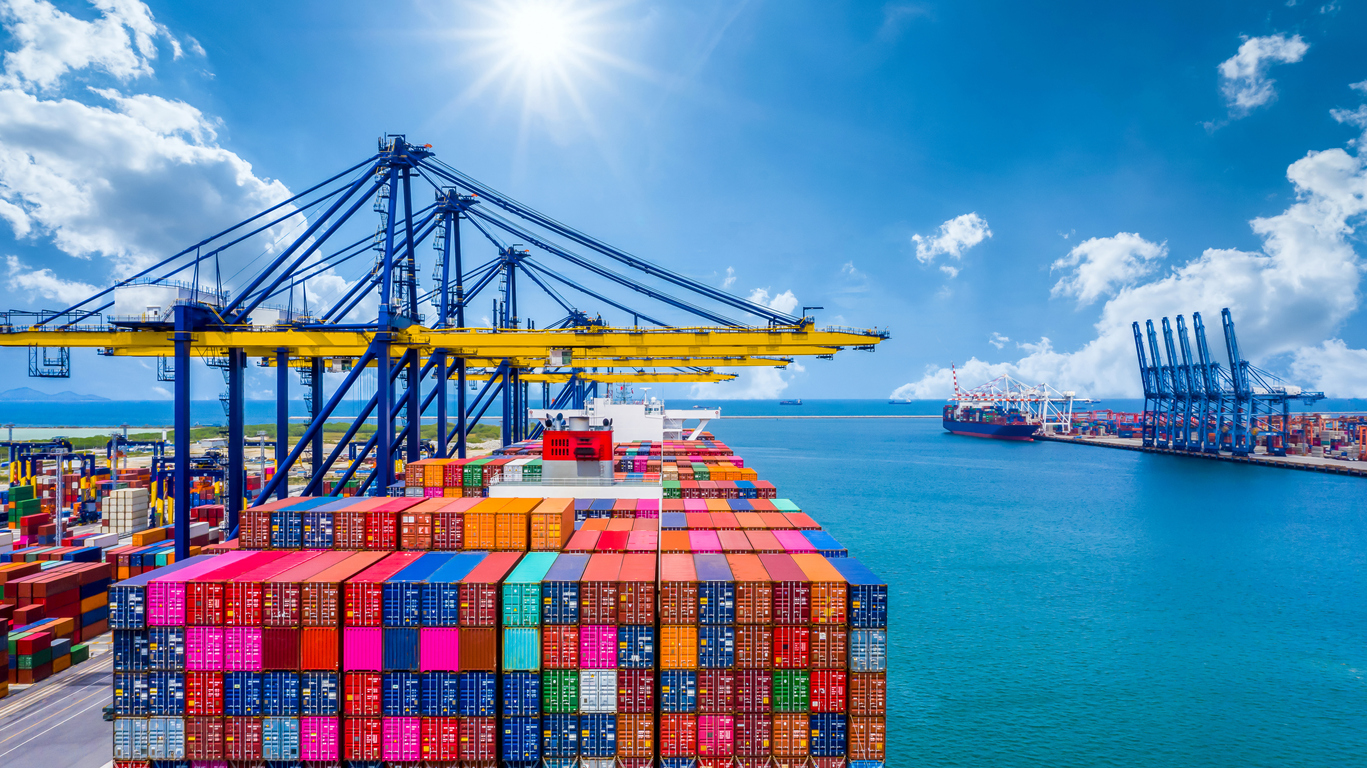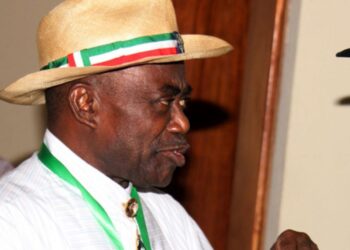As 2024 comes to an end, Nigeria economic outlook remains both dynamic and uncertain, reflecting a mix of challenges and opportunities. Like many countries worldwide, Nigeria has felt the weight of inflation, supply chain disruptions, geopolitical tensions, climate change, rising debt levels, and the lingering effects of COVID-19.
However, Nigeria’s economic struggles have been compounded by domestic challenges over the years. The abrupt implementation of currency policies in 2023 led to naira scarcity, while the removal of the petrol subsidy, naira devaluation, and other fiscal and monetary measures further strained the economy.
These factors collectively triggered a significant downturn in economic activity during 2023 and throughout 2024, leaving businesses grappling with an uncertain landscape. Despite these obstacles, there is cautious optimism for Nigeria’s economy moving forward.
Economic experts anticipate a gradual recovery, driven by the oil sector’s resurgence and the expected benefits of government reforms across various industries. The current administration has reignited hope with its focus on policy clarity, improved governance, and targeted investments in infrastructure.
Additionally, the government’s commitment to diversifying the economy beyond oil and strengthening non-oil exports could unlock fresh opportunities for businesses, fostering resilience and growth in the years ahead. This evolving narrative underscores the importance of adaptability and strategic planning for businesses operating within Nigeria’s economy as it prepares for a potentially brighter 2025.
General Impact of Economic Challenges on Businesses in Nigeria
The message of “renewed hope” echoed through Nigeria’s economy during the first three quarters of 2024 under President Bola Tinubu’s administration. However, the harsh realities of the country’s economic challenges often overshadowed this optimistic narrative.
A closer look at the performance of key macroeconomic indicators between 2023 and 2024 reveals a complex and volatile landscape. Businesses in Nigeria continue to face significant hurdles to survival, stability, and growth due to prevailing economic challenges.
Nigeria’s inflation rate has reached alarming levels, hitting a near 30-year high of 34.6% in November 2024, according to the National Bureau of Statistics (NBS). This marks the third consecutive monthly increase, up from 33.9% in October. Food inflation soared to 39.93% in November, compared to 32.84% in November 2023, largely driven by skyrocketing prices of staple foods such as yams, maize, rice, and vegetable oil.
Core inflation, which excludes volatile items like agricultural products and energy, also rose to a record-high 28.75% in November, up from 28.37% in October. On a monthly basis, the Consumer Price Index (CPI) increased by 2.64%, maintaining the same pace as the prior month.
What the Consumer Price Index Reveals
The CPI measures the price changes over time for 740 goods and services consumed daily by Nigerians. It is calculated based on expenditures from both urban and rural households across Nigeria’s 36 states.
The most significant categories in the CPI include:
• Food & Non-alcoholic Beverages (52%)
• Housing, Water, Electricity, Gas & Other Fuel (17%)
• Clothing & Footwear (8%)
• Transport (7%)
• Furnishings & Household Equipment Maintenance (5%)
Other categories, such as education, health, and miscellaneous goods, collectively account for smaller weights. These figures reflect the growing cost burden on consumers and the ripple effects on businesses dependent on household spending.
Implications for Businesses
The sharp rise in inflation erodes purchasing power, increases operating costs, and constrains profit margins for businesses. Sectors reliant on consumer spending, such as food, transport, and retail, are particularly vulnerable.
Meanwhile, higher energy and utility costs strain industries like manufacturing and services, further threatening their competitiveness and survival. As businesses contend with these challenges, they must adopt adaptive strategies to navigate this turbulent economic climate. These might include cost optimization, price adjustments, and leveraging government reforms aimed at improving the business environment.
Economic Projections and Structural Reforms for Nigeria
Nigeria’s economic growth is projected to rise to 3.4% in 2025, driven by improved security, increased oil production, and stronger consumer demand. This anticipated growth reflects cautious optimism about the nation’s ability to overcome its current challenges.
Inflation, which was predicted to reach 31.6% in 2024 due to rising food prices and the continued depreciation of the naira, is expected to moderate to 20.7% in 2025 as inflationary pressures begin to subside. This anticipated decline could provide some relief to businesses and consumers alike, fostering a more stable economic environment.
Nigeria’s fiscal deficit, largely financed through domestic borrowing, is projected to narrow from 4.3% of GDP in 2024 to 4.1% in 2025, supported by improvements in both oil and non-oil revenues. Similarly, the current account surplus is expected to increase from 3.0% of GDP in 2024 to 3.6% in 2025, underpinned by higher oil exports.
Key headwinds include persistent insecurity, fluctuations in oil production, rising fuel and food prices, and continued exchange rate depreciation. These challenges underscore the need for robust policy interventions and diversified growth strategies.
On the other hand, tailwinds such as new oil production from the Dangote refinery could significantly reduce energy costs, providing a much-needed boost to the economy. However, despite some signs of structural transformation, such as the decline in agriculture’s share of total employment from 49.3% in 2000 to 35.2% in 2021, the pace of transformation remains insufficient to drive industrial take-off.
However, to sustain economic growth and structural transformation, Nigeria must accelerate domestic resource mobilization, particularly through tax administration reforms. The African Development Bank is assisting by supporting the introduction of an integrated unique identification system to enhance tax compliance and revenue generation.
Reforming the global financial architecture could also play a vital role in Nigeria’s development. Establishing an African Financial Stability Mechanism would enable the country to access liquidity at lower costs. Additionally, reforms in multilateral development banks’ risk capital models could expand their lending capacity to regional member countries.
These reforms, coupled with innovative instruments such as risk transfer and balance sheet optimization, could provide Nigeria with the financial resources needed to support transformative projects and economic diversification.

















